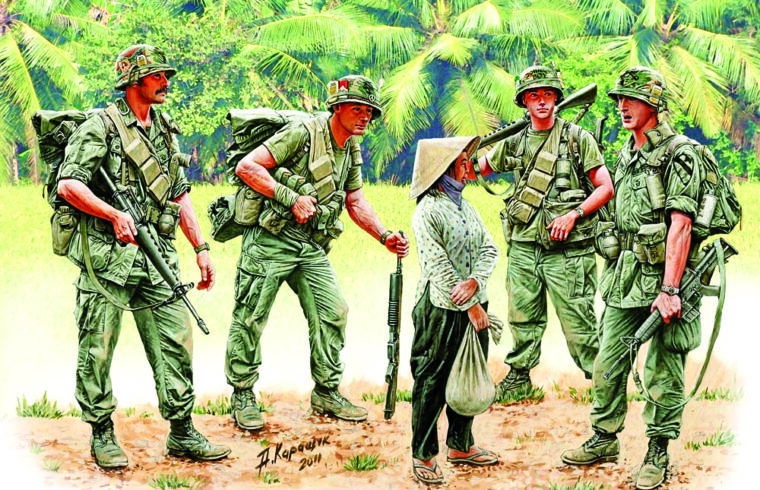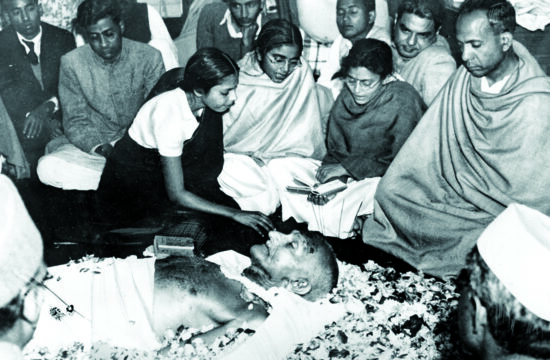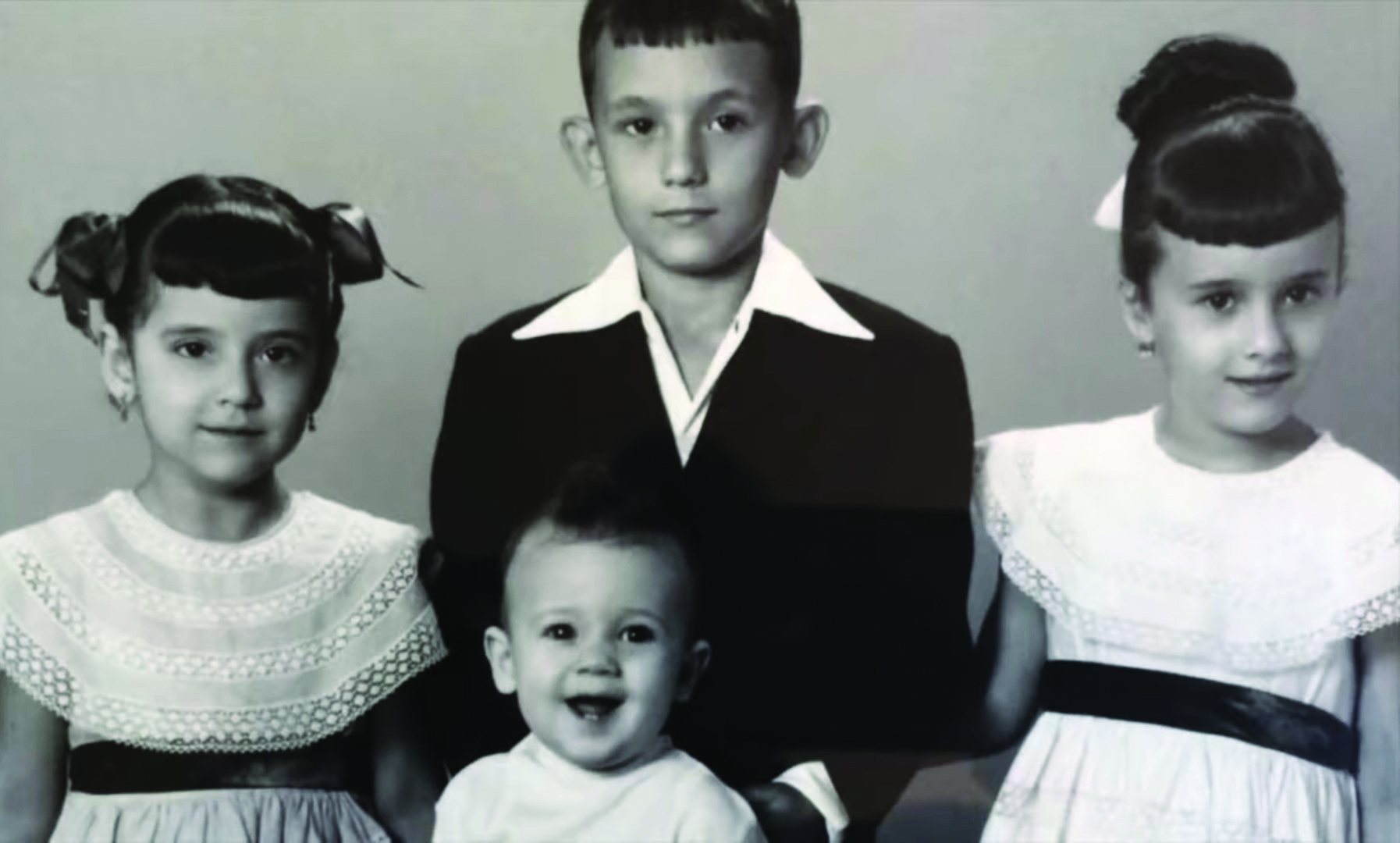Eight years ago I organized a retreat for American veterans of the Vietnam War. Many of the men and women at that retreat felt very guilty for what they had done and witnessed, and I knew I had to find a way beginning anew that could help them transform.
One veteran told me that when he was in Vietnam, he rescued a Vietnamese girl fighter who had been wounded and was about to die. He pulled her into his helicopter but he was not able to save her life. She died looking straight at him and he has never forgotten her eyes. She had a hammock with her, because as a guerilla, she slept in the forest at night. After she died, he kept the hammock with him and would not let it go. Sometimes when we suffer we tend to cling to our suffering. The hammock symbolized all his suffering, all his shame.
On the last day of the retreat we had a ceremony for the deceased. Each veteran wrote the names of those he or she knew had died and placed it on an altar we constructed, and I took a willow leaf and used it to sprinkle water on the names and all the veterans. Then we did walking meditation to the lake and held a ceremony for burning the suffering. That veteran still did not want to give up his hammock, but finally he put it on the fire. It burned, and all the guilt and suffering in his heart also burned up.
Another veteran told us that almost everyone in his platoon had been killed by the guerillas. Those who survived were so angry that they baked cookies with explosives in them and left them alongside the road. When some Vietnamese children saw them, they ate the cookies, and the explosives went off. The children were rolling around the ground in pain. Their parents tried to save their lives, but there was nothing they could do. That image of the children rolling on the ground and dying because of the explosives in the cookies was so deeply ingrained on this veteran’s heart that now – 20 years later – he still could not sit in the same room with children. He was living in hell. After he told me the story, I gave him the practice of beginning anew.
I said to him, “You killed five or six children that day. Can you save the life of five or six children today? Children everywhere in the world are dying because of war, malnutrition and disease. You keep thinking about the five children that you killed in the past and what about the children who are dying now? You still have your body, you still have your heart. You can do many things to help children who are dying in the present moment. Please give rise to your mind of love and, in the months and years that are left to you, do the work of helping children.” He agreed to do it, and it has helped him transform his guilt.
Beginning anew is to change your mind and heart, to transform the ignorance that brought about wrong actions of body, speech, and mind, and to help you cultivate your mind of love. Your shame and guilt will disappear, and you will begin to experience the joy of being alive. All wrong-doings arise in the mind. It is through the mind that wrongdoing can disappear.
– from his book, Teachings on love
Thích Nhat Hạnh was a Vietnamese Thiền Buddhist monk, peace activist, prolific author, poet and teacher, who founded the Plum Village Tradition, historically recognized as the main inspiration for engaged Buddhism. Known as the “father of mindfulness”, Nhat Hạnh was a major influence on Western practices of Buddhism.










